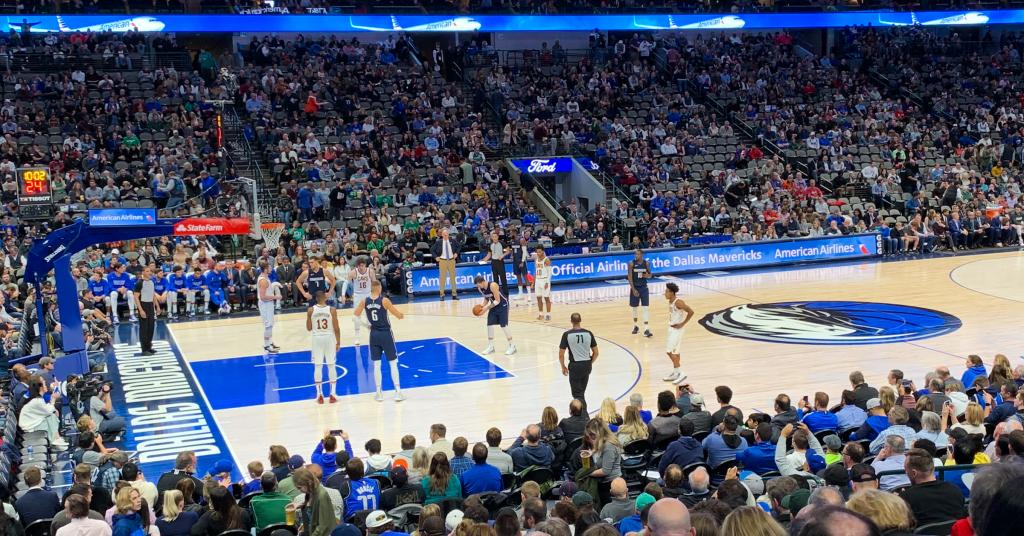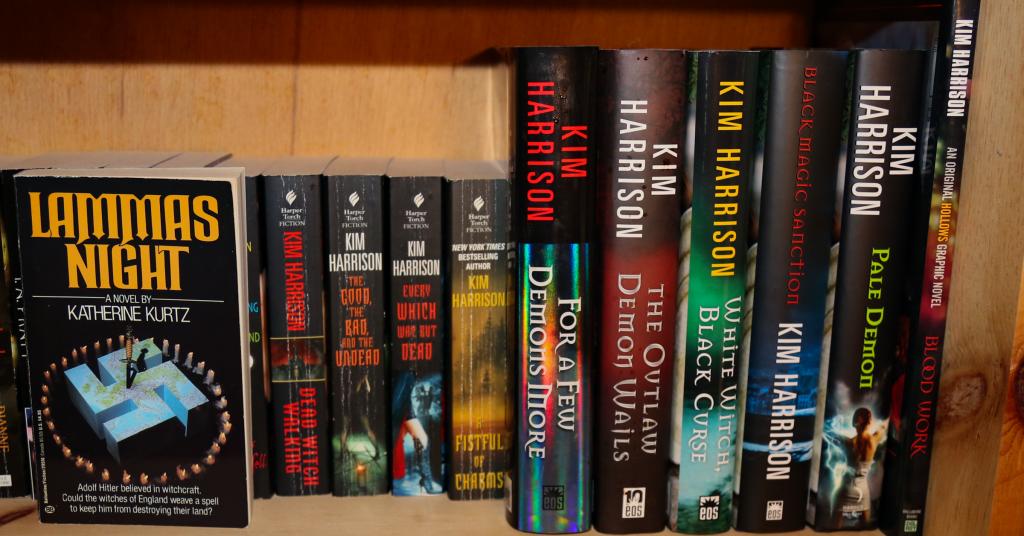I have three questions left from this round of Conversations Under the Oaks. They don’t match – one is serious and the other two are fun. But none of them are long enough for a stand-alone response, so I’m throwing them together for one final post.
We’ll start with the serious question first.
Do Pagan men handle grief better than or differently than the general public? Better than or differently than Pagan women? What can we learn from this?
I’m not sure I have enough data to form an independent answer to this question. A brief internet search turned up the usual gender stereotypes: men tend to hold their grief in and try to move on without processing it. Women tend to express their grief more, sometimes in demonstrative ways.
A similar search by religion turned up lots of articles on the different mourning and funeral customs of different religions, but not much on how effective they are… or even what different religions consider “effective” to be.
My experience as a Pagan leader is that most Pagans handle grief no better and no worse than the general public. We match the gender stereotypes as much as Christians and atheists and everyone else – which is to say while they’re generally true there are many, many exceptions. People are individuals and gender is more than binary.
There is some data that suggests that people who are strongly committed to their religion – Pagan or otherwise – do a better job of processing their grief than those with weak or no commitments. This makes intuitive sense, at least for those who are not solitary practitioners – there is comfort and support in religious communities.
Even strongly held beliefs may mean nothing at the moment of loss – the reality of death is simply overwhelming. Over time, though, our beliefs and practices can help us accept the loss, remember the good times fondly, and begin to move on.
What I take away from all this is that grieving is a human experience (though not exclusively human). There are many ways to approach it – each of us has to find the way that works for us. And the best way to support our friends and co-religionists who are grieving is to simply be there with them, for them.
My favorite book series
Now to some lighter questions:
What is your favorite fantasy book or series featuring a Pagan/polytheist protagonist?
That’s a hard question to answer, for two reasons.
The first is that I haven’t read much fiction recently. Between books and blogs and classes, I haven’t had time. But also, I haven’t really been in the mood to sit down and read. Which is odd, because it’s always been one of my favorite things to do.
And secondly, while there are dozens of series with witches in them, there are few if any that portray actual Pagan or polytheist religion. Talking about real religion – any religion – is a good way to annoy readers who follow other religions, so most fiction writers only discuss it in the vaguest of terms.
There may be some Pagan or polytheist exceptions to this, but I haven’t read any, so I can’t recommend them.
With all that said, my favorite urban fantasy witch series is Kim Harrison’s Rachel Morgan series. It begins with Dead Witch Walking (all the Rachel Morgan book titles are takeoffs on Clint Eastwood movies) from 2004. The series ended with The Witch With No Name in 2014, but it came back last year with American Demon (which I have not yet read).
As I recall (it’s been seven years since I read anything from this series) there is minimal religion in the books. But the portrayals of witchcraft are some of the most “imaginatively realistic” depictions I’ve seen. Yes, Rachel Morgan can do things no real life witch can do. But her spells make sense. I’ve been so fascinated with some of them I’ve figured out ways to make them work in my own practice.
Kim Harrison says she’s neither a Pagan nor a witch and that her magic all comes from her imagination. I take her at her word, but her imagination is connected to something real.
I’ll add one more, a standalone novel by Katherine Kurtz called Lammas Night (1983). It’s a fictionalized account of Operation Cone of Power, the coordinated working by British witches and occultists in 1940 to keep Adolph Hitler from invading Britain. I wrote about it in greater detail in 2015.
Lammas Night is out of print, but used copies are available on Amazon and other sources. Highly recommended.
NBA free agency
I’ve never had a question quite like this before.
What do you think of the current trends of free agency in the NBA? For years I followed the Spurs because of Tim Duncan, but now I feel it’s hard to follow a team because the players are more interested in playing with other players rather than sticking to a team. Now, team strategy seems to be co-opted by superstars putting together their own Big Three and then picking the team with the most cap space.
As someone who tries to be an ethical person, I support the right of players to be able to choose where they play. You and I can work for anyone who will hire us. If I get tired of Texas and want to go home to Tennessee (ain’t gonna happen – too much baggage) or to Oregon (can’t afford it) all I have to do is start job hunting.
Plus we can’t be traded. I can’t imagine my boss walking into my office and saying “we’ve traded you to General Motors for two engineering prospects and a CAD operator. Here’s your plane ticket to Detroit – they’re expecting you at 8:00 AM tomorrow.”
Professional athletes make ridiculous amounts of money (at least in the major sports – pro athletes in lesser sports struggle to stay out of poverty), and with the money comes obligations to the sport and to the league. But they’re still people who deserve to be treated like people.
And it’s not like the owners have the interests of the fans at heart. There are good owners (I love Mark Cuban) and bad owners (I’m very glad Donald Sterling was forced to sell the Clippers) but at the end of the day they’re all billionaires who will cut or trade a player in a heartbeat if they think it’s in their best interests.
Those are my thoughts as a person concerned with ethics.
As a fan, I don’t like the superteams. At all.

More than any other team sport, basketball is controlled by superstars – and there aren’t enough to go around. If your team doesn’t have a superstar you don’t have a chance. Most years you need two. And if you have three, your season pretty much starts in the conference finals.
And it’s not like it’s easy to figure out who’s going to be a superstar and who’s not – there’s only one LeBron James. Michael Jordan was picked 3rd in the 1984 NBA draft and Kobe Bryant was picked 13th in 1996. Lots of #1 overall picks end up being so-so players, and some are complete busts.
So if one team overloads on superstars, other teams have no chance. And that makes for a boring basketball season. And if you live in a city without a chance, you lose interest in the game.
I’m not sure what to do about it. The salary cap is already structured to encourage players to stay with the teams they’re on. And if they really want to leave, they have that right. If a team pays three superstars, they’re not going to have much money left for anyone else. The LeBron-led Miami Big Three took less money, the Steph-Klay-Durant Warriors had a short window, and I’m still not sure the Kyrie-Harden-Durant team in Brooklyn is going to work.
I was happy to see two-time MVP Giannis Antetokounmpo (the 15th pick in 2013) re-sign with Milwaukee. New York, Los Angeles, and Miami shouldn’t get all the superstars.
But if a superstar free agent wants to come to Dallas to play with Luka Dončić and Kristaps Porziņģis I may have to re-evaluate my dislike for Big Threes.



















